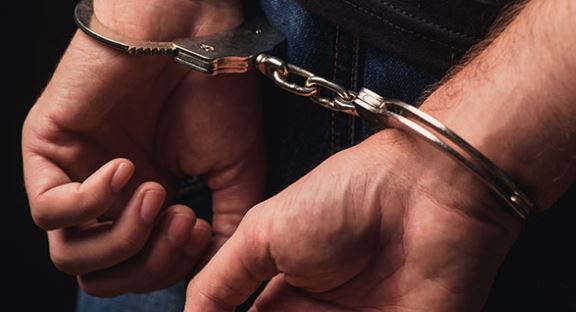Role of a Lawyer in Defending Against Violent Crime Allegations
When it comes to hiring a lawyer for violent crime allegations, their role becomes paramount. A skilled lawyer acts as a shield, defending individuals against these grave accusations. They skillfully navigate the complexities of the justice system, utilizing their legal expertise and experience to provide effective representation. Armed with deep knowledge of criminal law, they diligently analyze evidence, construct a robust defense strategy, and safeguard the rights of the accused. By conducting thorough investigations and presenting persuasive arguments, lawyers aim to challenge the prosecution's case and ensure a fair trial. Their proactive approach and unwavering commitment to justice make them invaluable allies for those facing violent crime allegations, providing guidance and unwavering support every step of the way.
Expert legal knowledge
Defending against violent crime allegations requires a comprehensive understanding of the law, legal procedures, and precedents. A skilled lawyer possesses the necessary expertise to navigate through the complex legal system. They meticulously analyze the case details, scrutinize evidence, and identify any legal loopholes to build a strong defense. Their extensive knowledge helps them anticipate and counter the prosecution's arguments, ensuring the best possible outcome for their clients.
Thorough case investigation
A lawyer's role in defending against violent crime allegations extends beyond the courtroom. They conduct thorough investigations to gather evidence, interview witnesses, and review any available surveillance footage or forensic reports. By examining the facts from multiple angles, lawyers can uncover crucial details that may strengthen the defense strategy. They meticulously document and organize the evidence, ensuring nothing is overlooked or dismissed, and use their findings to challenge the prosecution's case.
Building a solid defense strategy
Based on the evidence and facts, lawyers formulate a robust defense strategy tailored to each unique case. They identify weaknesses in the prosecution's case and exploit them by presenting alternative theories or casting doubt on the credibility of witnesses. Lawyers can also challenge the admissibility of certain evidence if obtained unlawfully. By skillfully presenting arguments and counterarguments, they actively create reasonable doubt in the minds of judges or juries, increasing the chances of receiving a favorable verdict.
4. Protecting legal rights
5. Negotiating plea bargains
Conclusion
A competent lawyer's role must be balanced when facing violent crime allegations. Their expertise, thorough investigations, and strategic defense planning are instrumental in safeguarding their clients' rights and achieving the best possible outcome. By challenging the prosecution's case, protecting legal rights, and exploring all available options, lawyers tirelessly advocate for their client's innocence. If you're facing a tough situation, don't hesitate to seek help from a trusted law firm, such as Eric Thole, attorney at law. They have the knowledge and support to guide you through the legal process confidently.
FAQs
How does a lawyer defend against violent crime allegations?
A skilled lawyer applies their legal expertise and experience to gather evidence, interview witnesses, and construct a robust defense strategy that challenges the prosecution's case, ensuring the protection of the defendant's rights throughout the legal process.
What is the role of a lawyer in defending against violent crime allegations?
The lawyer's main job is to support their client's innocence by examining the evidence, questioning witnesses, and presenting a strong defense. They also negotiate with prosecutors, explore plea options, and provide guidance and support to the defendant during a challenging and complex legal battle.




Comments
Post a Comment